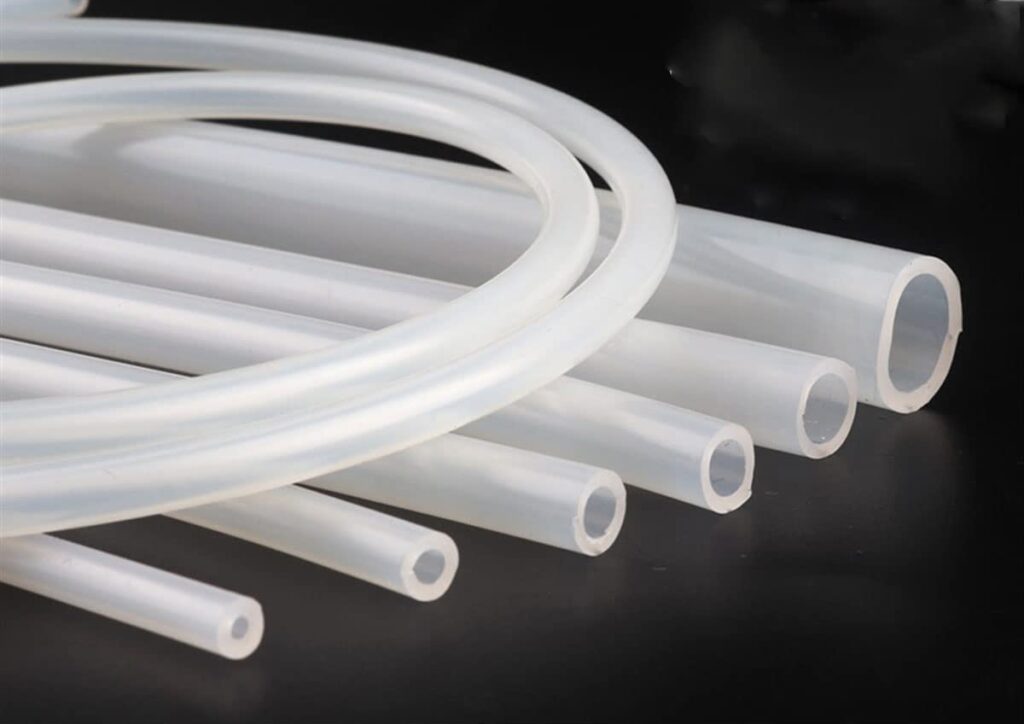Silicone hose heat resistant is a reliable and versatile solution for various industries that require efficient heat management. These hoses are designed to withstand high temperatures, making them ideal for applications in automotive, aerospace, manufacturing, and more. In this article, we will explore the benefits and applications of silicone hose heat resistant. Whether you’re looking for a durable solution for an engine cooling system or need a heat-resistant hose for industrial processes, silicone hoses are the go-to choice. Discover the advantages and find the perfect silicone hose heat resistant for your needs!
What is Silicone Hose Heat Resistant?
Silicone hose heat resistant is a type of hose made from high-quality silicone material. It is designed to withstand extreme temperatures, ranging from -50°C to 300°C (-58°F to 572°F). These hoses are engineered to provide excellent heat resistance, flexibility, and durability, making them suitable for various demanding applications.
Benefits of Silicone Hose Heat Resistant
- Extreme Temperature Resistance:
Silicone hose heat resistant can handle a wide range of temperatures, making them ideal for applications where heat management is critical. They maintain their shape and performance even under high-temperature conditions, ensuring reliable operation and preventing hose failure. - Excellent Flexibility and Versatility:
These hoses offer excellent flexibility, allowing for easy installation and routing in complex systems. They can be bent and maneuvered without compromising their performance. Silicone hoses are available in various sizes, shapes, and configurations to meet specific application requirements. - Durability and Longevity:
Silicone hose heat resistance is known for its exceptional durability and longevity. They are resistant to degradation from heat, ozone, UV rays, and other environmental factors. This ensures a longer service life and minimizes the need for frequent replacements, reducing maintenance costs. - Chemical Resistance:
Silicone hoses exhibit excellent resistance to chemicals and fluids commonly found in automotive and industrial applications. They are resistant to oil, fuel, coolant, and other automotive fluids, making them suitable for engine cooling systems, turbocharger connections, and more.
Applications of Silicone Hose Heat Resistant
- Automotive Industry:
Silicone hose heat resistance is widely used in the automotive industry for various applications. They are employed in engine cooling systems, turbocharger connections, radiator hoses, and intercooler systems. The heat resistance and durability of silicone hoses ensure optimal performance and reliability in demanding automotive environments. - Aerospace and Aviation:
Silicone hoses find application in the aerospace and aviation sectors, where high-temperature resistance is crucial. They are used in aircraft engines, fuel systems, and hydraulic systems. Silicone hose heat resistance provides reliable performance and ensures safe operation in extreme temperature conditions. - Manufacturing and Industrial Processes:
Silicone hoses play a vital role in manufacturing and industrial processes that involve high temperatures. They are used for conveying hot air, gases, steam, and fluids in various equipment and machinery. Silicone hose heat resistance contributes to efficient heat management and prevents damage to sensitive components.
Conclusion:
Silicone hose heat resistant offers exceptional heat resistance, flexibility, and durability for a wide range of applications. Whether you’re in the automotive, aerospace, or manufacturing industry, these hoses provide reliable heat management and fluid conveyance solutions. With benefits such as extreme temperature resistance, versatility, and chemical resistance, silicone hoses are a durable choice for various demanding environments. Invest in silicone hose heat resistant today and experience the advantages it brings to your applications.



Leave a Reply